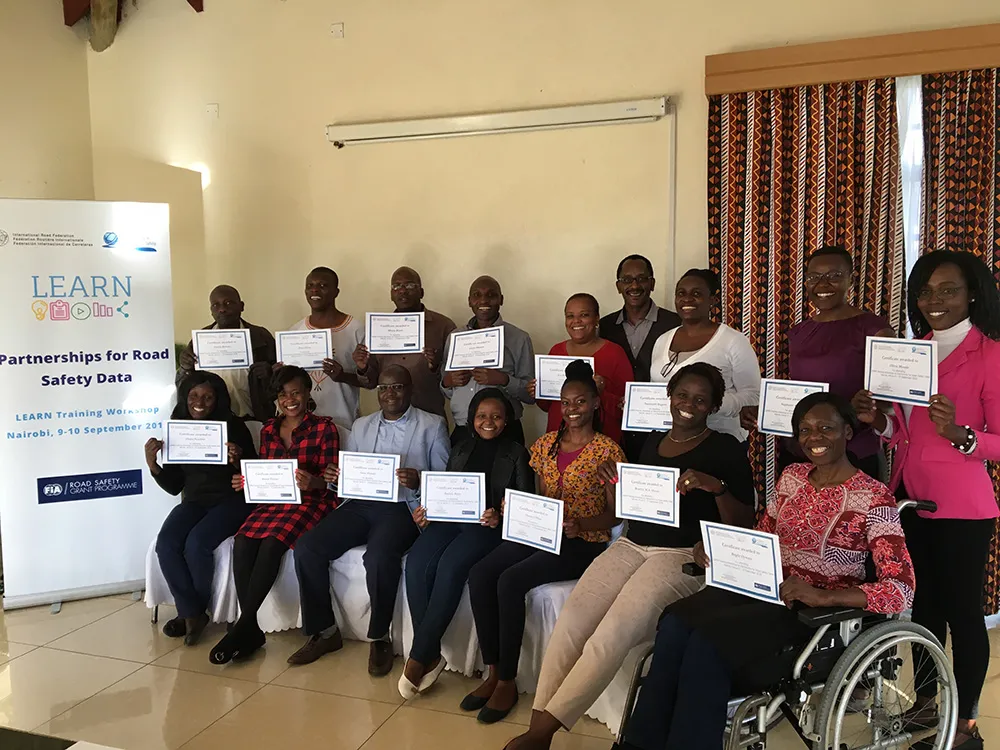IRF has created a new Task Force on Pavement Preservation/Road Asset Management during its inaugural Executive Seminar on Pavement Preservation. The new task force's first meeting on 6 August, 2009 was chaired by Dr. Carlos Chang of the University of Texas-El Paso (UTEP) and 16 international delegates from various sectors of the road industry participated.
July 13, 2012
Read time: 2 mins
The new task force's first meeting on 6 August, 2009 was chaired by Dr. Carlos Chang of the University of Texas-El Paso (UTEP) and 16 international delegates from various sectors of the road industry participated.
"This group is unique, diverse, high level and different from other national association groups I serve on," said Yetkin Yildirim of Texas Pavement Preservation.
The new group will tackle such questions as what can be done to delay the demise of infrastructure and how we can maximise and emphasise performance.
"As advocates of a proactive vision for affordable, safer and environmentally friendly pavements, this international task force will coordinate efforts and foster collaboration among experts," said Dr. Chang.
The task force will also serve as an information desk/clearing house for best practices and as a conduit for technology transfer.
The group aims to be an umbrella, bringing together the various stakeholders in the road industry to provide a comprehensive approach to road asset management.
It will also be used to review material and recommend topics for upcoming IRF events on the subject.









